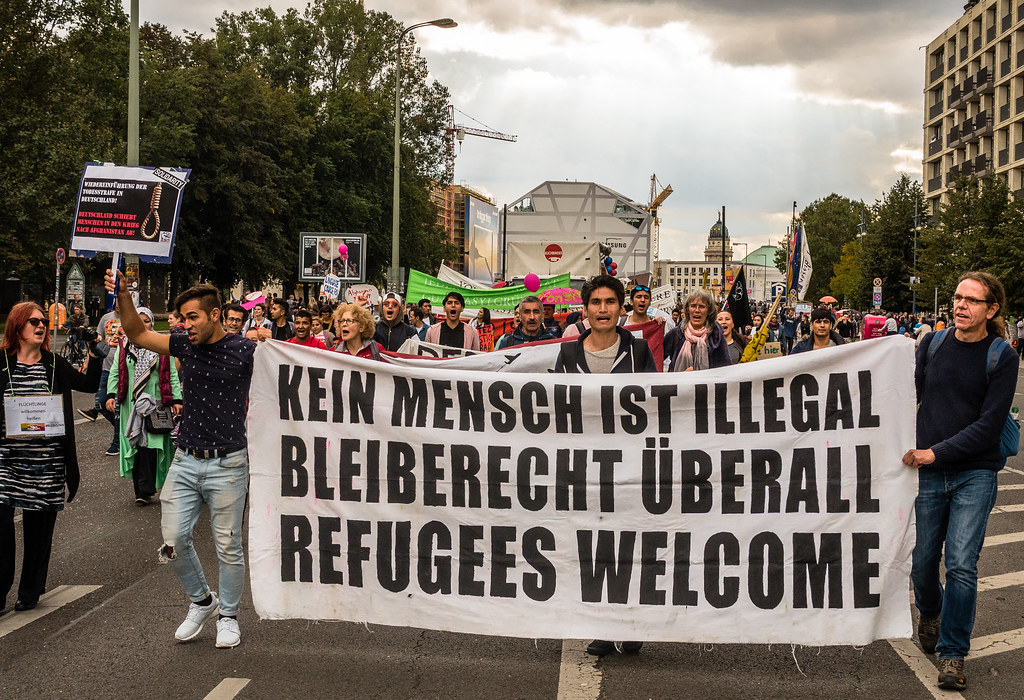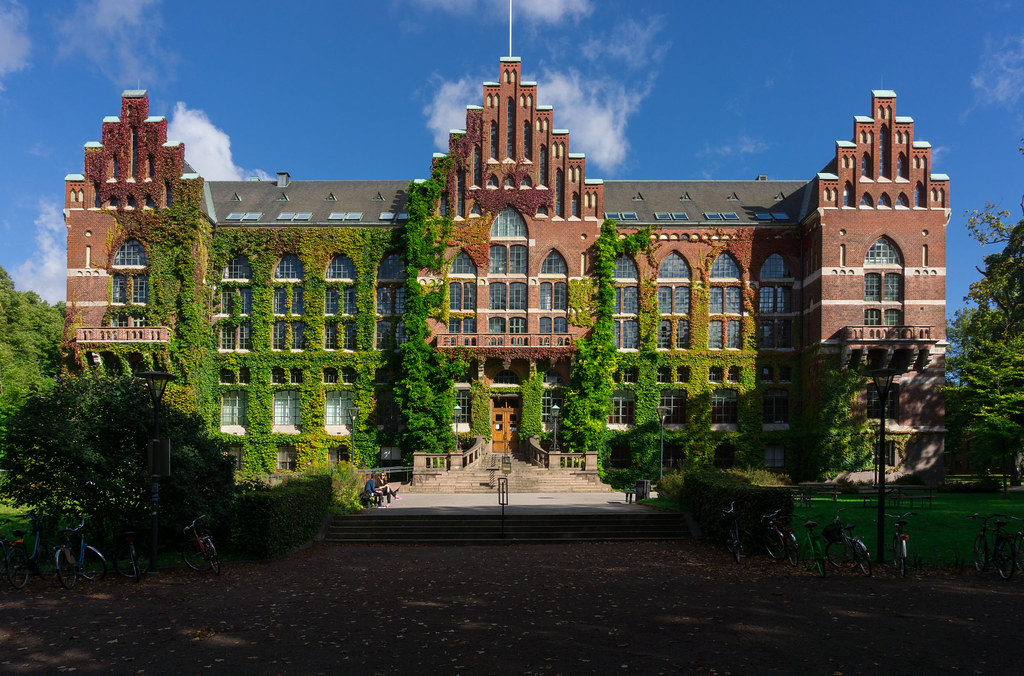
Blog Editor’s Note
By Barbara Gornik, Science and Research Centre Koper
World Refugee Day has been designated by the United Nations to honour refugees around the world. This day is dedicated to raising awareness of the rights of refugees and the challenges they face as individuals who have been forced to flee their home countries to escape persecution. The issue is more important than it may seem at first sight; from the perspective of understanding the modern societies, it is nothing less than fundamental for it uncovers the underlying values of contemporary political communities, and clearly points to the principles that guide us as a society. The refugee debate is about the relationship we have to individuals as human beings as, to rephrase Arendt (1976), refugees are persons who have at some point in their life lost all other specific relationships – except that they were still human.
Continue reading
